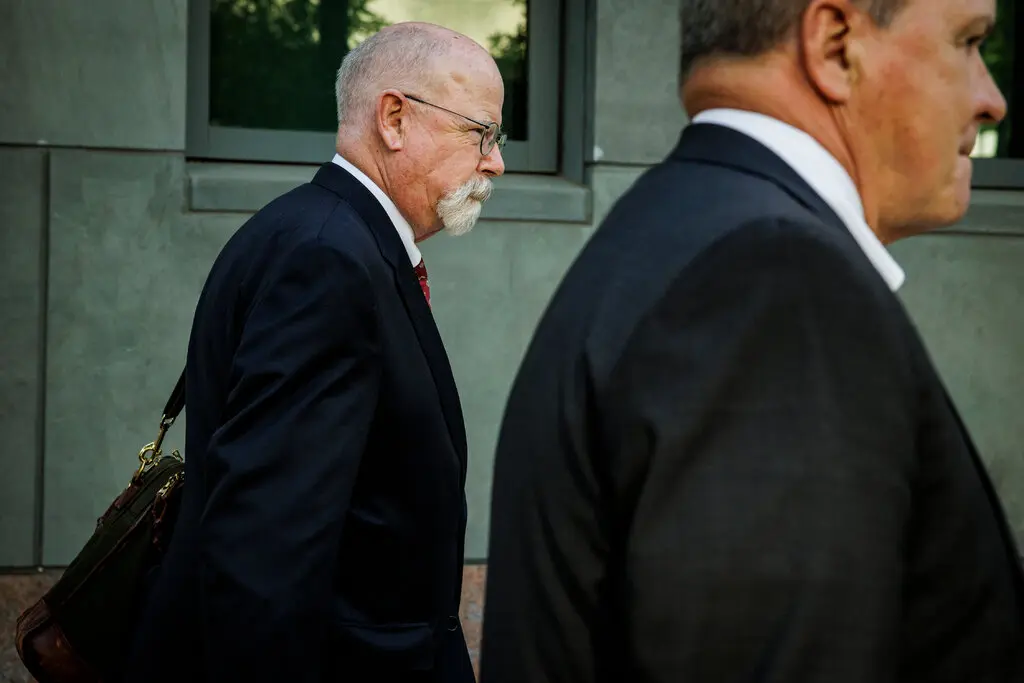The F.B.I. was criticized for a “lack of analytical rigor” in a final report that was made public on Monday and looked at the bureau’s investigation into whether the 2016 Trump campaign colluded with Moscow. John Durham, the special counsel from the Trump administration who has spent the last four years pursuing a politically charged investigation into the Russia investigation, made the accusation.
The F.B.I.’s handling of the Crossfire Hurricane Russia investigation appeared to reveal little new information in Mr. Durham’s 306-page report, and it did not turn up the kinds of explosive revelations casting doubt on the bureau that former President Donald J. Trump and his allies had earlier predicted Mr. Durham would find.
Instead, the report—released by Attorney General Merrick B. Garland without any substantive commentary or redactions—repeated previously exposed weaknesses in the investigation, including those from a 2019 inspector general report, and came to the conclusion that the F.B.I. had a confirmation bias as it pursued leads regarding Mr. Trump’s ties to Russia.
“Facts and circumstances that were inconsistent with the premise that Trump and/or people connected to the Trump campaign were involved in a collusive or conspiratorial relationship with the Russian government were ignored or just assessed away throughout the course of Crossfire Hurricane,” Mr. Durham claimed.
The majority of Mr. Durham’s remarks were complaints that were already revealed by a different inquiry, and he persisted in implying that Hillary Clinton’s campaign had contributed to the Russia probe. The F.B.I. made mistakes while applying for wiretaps that were utilized in the investigation, an inspector general determined in 2019.
According to Mr. Durham’s assessment, top F.B.I. employees seriously lacked analytical rigor when reviewing material, particularly information obtained from people and organizations with political affiliations. Crossfire Hurricane was partially caused and perpetuated by this information, which also played a role in the following necessity for Special Counsel Mueller’s probe.
However, by using the word “triggered,” Mr. Durham’s report matched a rumor put out by Mr. Trump’s backers that the F.B.I. started the inquiry in July 2016 based on the infamous Steele dossier, opposition research that was subsequently exposed as being paid inadvertently by the Clinton campaign.
The dossier didn’t really get to those investigators until mid-September, as Mr. Durham admitted elsewhere in the report. Instead, the F.B.I. launched the investigation as a result of a tip from an Australian diplomat after WikiLeaks released hacked Democratic emails, which claimed that a Trump campaign official had previously seemed to suggest early knowledge that Russia would disclose information detrimental to the Clinton campaign.
According to a department spokesperson, Mr. Garland received the special prosecutor’s conclusions on Friday, and they were delivered unedited to Congress and the media.

